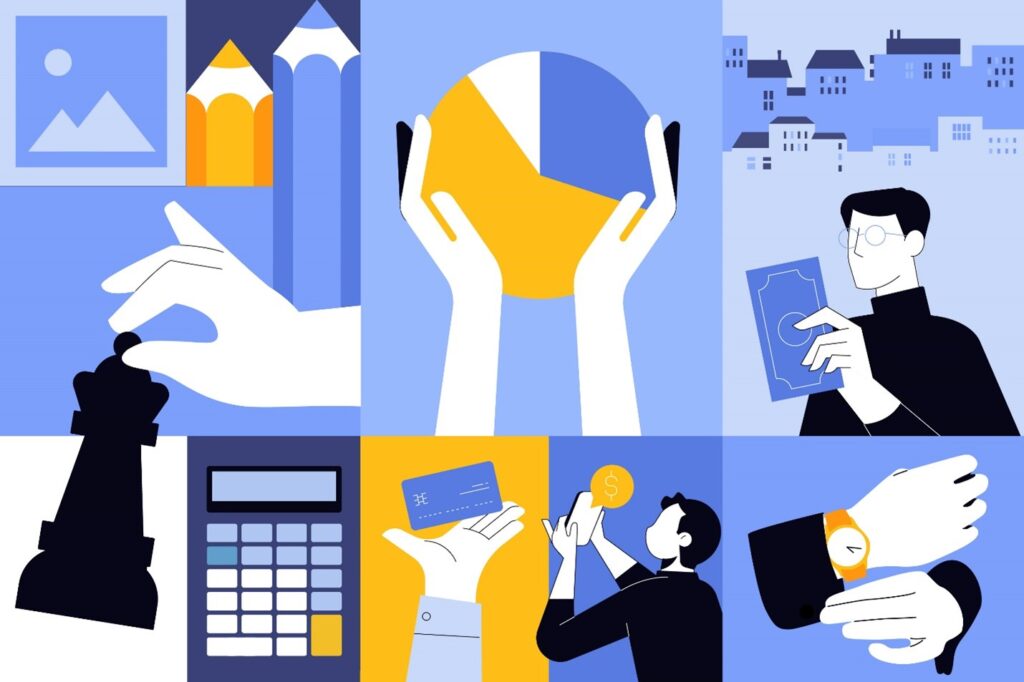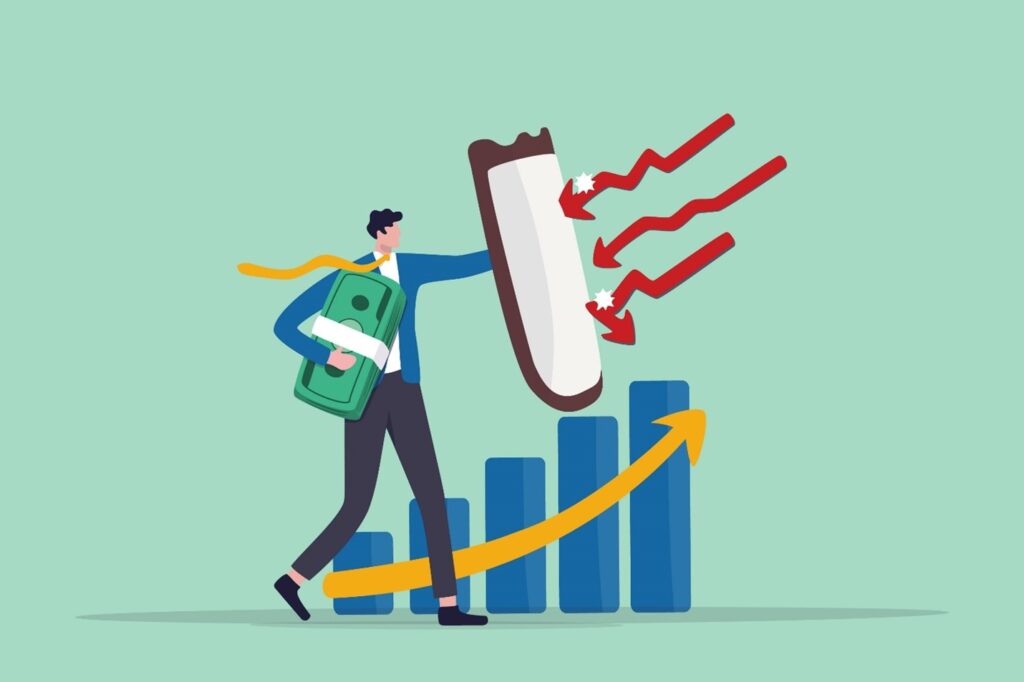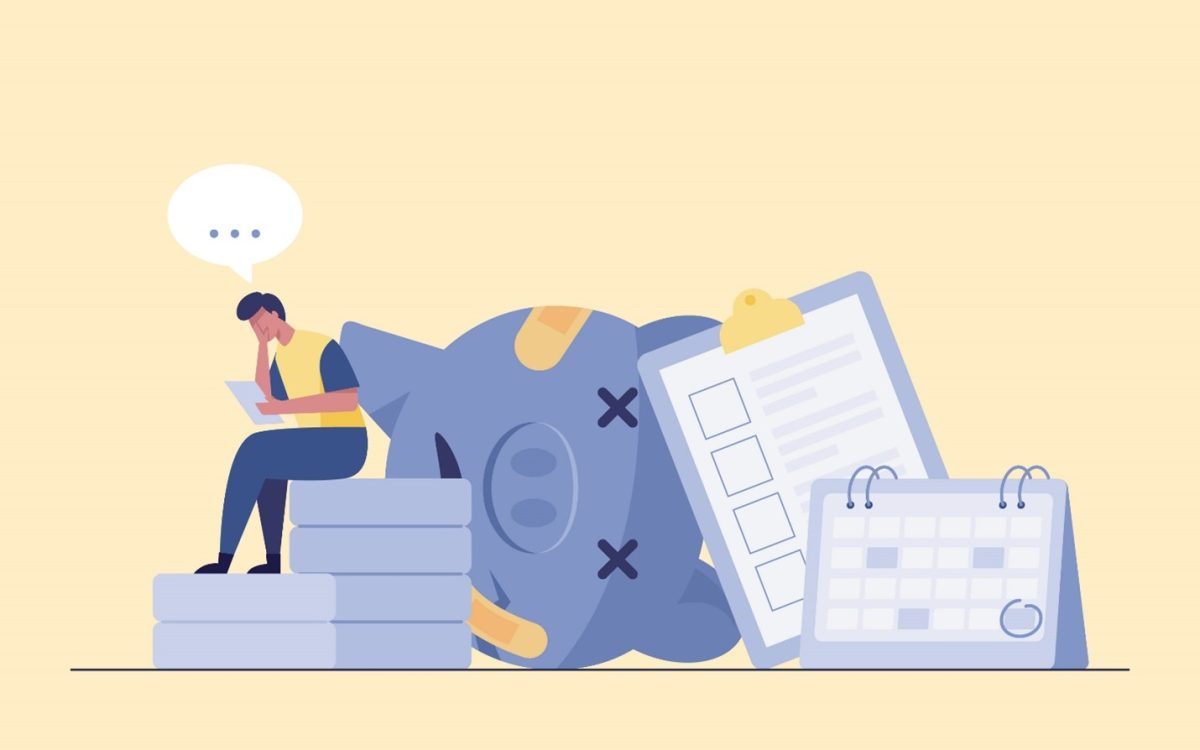Budgeting is one of the toughest habits to form, because failing even once will undo all your previous effort. Think of it by way of comparison: if you commit to jogging, and manage to do it for a month before you miss a day or two, you don’t lose everything at once: you still retain the benefits from the previous month of workouts.
But it doesn’t work that way with budgeting: if you’ve been disciplined and saved up for a month, but you cave to temptation just once and buy a big-ticket item, you effectively wipe out the previous month’s effort. The money you saved up is gone.
This is why budgeting is a notoriously tough and unrewarding habit to cultivate. So this week, let’s look at developing a mindset that makes you a saver:
Single digit millionaires who want to budget should think in terms of trade-offs

As a single digit millionaire, you tend to have enough to buy something very expensive, but enough that you can shrug off the consequences.
If you’re earning $10,000 a month, for example, it’s probably within your reach to buy a $25,000 watch or a $15,000 handbag right now. But you probably can’t do that without feeling the pinch in the next month (or more, if you use credit).
This is a dangerous position to be in; perhaps even more dangerous than a median-wage earner, who simply can’t afford a $25,000 watch and hence doesn’t think about it at all.
So how do you kill the temptation?
You do it by thinking of what you’re sacrificing, instead of what you’re gaining.
One simple way to do this is to take the cost of your temptation, and frame it in terms of another believed product or service.

For example: I’m a complete turophile*, and my way to centre myself is to spend $120 on exotic cheeses every month. We all need our hobbies.
*Turophiles love cheese. Ask us, most of us can name at least 30 varieties without Googling. All of which we’ve actually eaten.
But then, along comes the most amazing $1,700 massage chair, which would be heaven in my Work From Home setup. The sales woman is persuasive, I’m thinking “I’ve worked hard, I’ll spoil myself,” and there’s the usual justifications creeping in – like I can earn the money back.
This is where I interrupt the train of thought,and start thinking of what sacrifices the massage chair entails. And I’ll do that with exotic cheeses as that’s my hobby: do I want to surrender 14.16 months of exotic cheeses (more than a year!) just so I can sit in a vibrating chair?
After pondering it for a few minutes, the desire to impulse buy starts to fade, because now I’m focusing on the negatives (the trade-offs) rather than the gains.
You can do this comparison using anything you’re fond of. Do you love holidays to Thailand? Well assuming it’s $2,000 per trip, consider that a $5,000 necklace would cost you two-and-a-half trips to your favourite Thai Villa.
This concept also applies to investing

When it comes to investments, most people imagine all the wonderful benefits and opportunities first. They tend to think about the risk after the positive rush of hope.
Instead of looking at the transaction history of Sentosa condos (amongst the worst places to invest in Singapore by the way), we see the prestige and luxurious facilities first. Instead of considering the poorly regulated nature of crypto, we tend to be enthralled by its community’s wealth fantasies.
We’d safekeep our wealth much better if, as investors, we trained ourselves to look at the risks first, not the rewards. Before putting money into any venture, think where else that money could go, and think what you’re sacrificing by committing to it.
Sometimes this is enough to bring you back to your senses, and help you to hold on to your money.
For more on saving and budgeting, reach out to us on Single Digit Millionaire, and we can help start you off on your journey.










